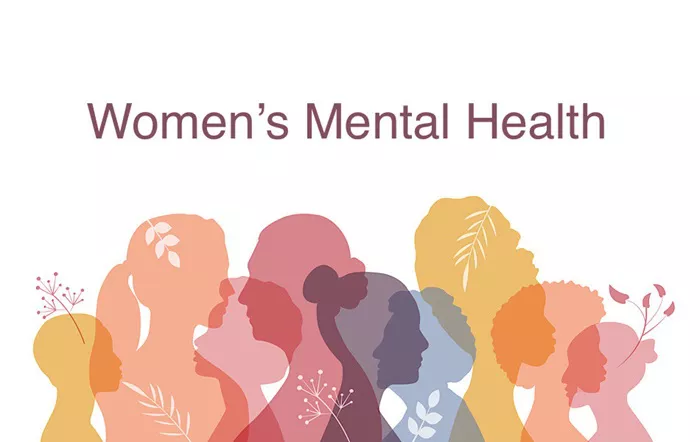In a groundbreaking study published in the journal Nutrients, researchers have revealed that a combination of caloric restriction (CR) and clinical psychological intervention (CPI) can significantly alter the gut microbiome and improve mental health in women. This study sheds light on the complex interplay between diet, psychological therapy, and gut health, offering promising new avenues for managing stress-related mental health issues.
Lifestyle Interventions: A Dual Approach
Mental and metabolic disorders such as obesity, depression, and diabetes often share common biological pathways, contributing to their frequent co-occurrence and increasing the risk of morbidity and mortality. While pharmacological treatments are available, they often come with challenges such as patient adherence and side effects, including weight gain, which can further complicate the management of these conditions.
As a result, lifestyle interventions like diet modification and stress reduction have gained popularity for their potential to improve both mental and physical health. The gut microbiome, heavily influenced by diet and stress, plays a crucial role in this process. However, the combined effects of dietary and psychological interventions on the gut microbiome and mental health remain underexplored, prompting the need for further research.
Study Overview
The study involved 41 women who participated in a two-week inpatient lifestyle intervention at the La Pura Women’s Health Resort. The intervention combined dietary CR and CPI, with participants randomly assigned to one of two dietary plans: a very low-calorie diet (VLCD) or the F.X. Mayr diet (FXM). The VLCD provided 630-700 kcal/day across three meals, while the FXM offered 700-800 kcal/day split into two meals, incorporating practices such as prolonged chewing, no meals after 7 p.m., and oral magnesium sulfate supplementation.
Within each dietary group, participants were further randomized to receive either CPI, which included muscle relaxation, psychoeducation, mindfulness training, and biofeedback, or a single stress prevention lecture. Clinical variables such as age, body mass index (BMI), morning cortisol, C-reactive protein (CRP), and interleukin 6 (IL-6) were measured. Psychometric outcomes were assessed using the Brief Symptom Index (BSI), the Perceived Stress Scale (PSS), and the Burnout Dimension Inventory (BODI). Fasting blood and stool samples were collected at baseline and follow-up for microbial analysis through 16S ribosomal ribonucleic acid (rRNA) sequencing.
Key Findings
The study found significant changes in the gut microbiome following the intervention. Bacteroides and Alistipes were the dominant genera, while Faecalibacterium, Escherichia-Shigella, and other bacteria decreased in relative abundance. In contrast, the abundance of bacteria such as Rhodospirillales, Phascolarctobacterium, and Akkermansia increased. Notably, the α-diversity indices, including richness, Shannon’s index, and the Firmicutes/Bacteroidetes ratio, significantly decreased over time.
The study’s multilevel principal component analysis (PCA) revealed a clear distinction between baseline and follow-up samples, with the FXM diet showing more pronounced microbial changes than the VLCD. Additionally, a principal coordinates analysis (PCoA) demonstrated significant dietary effects on gut microbiome composition, with specific bacterial families like Bifidobacteriaceae and Ruminococcaceae decreasing after CR.
Implications for Mental Health
The study highlighted that the FXM diet was particularly effective in increasing the levels of Oscillibacter, a bacterium associated with improved mental health and reduced stress. This suggests that the benefits of CR on both metabolic and mental health may be linked to its anti-inflammatory effects and regulation of the hypothalamus-pituitary-adrenal axis. The study also observed significant increases in beneficial bacteria like Oscillibacter, Akkermansia, and Odoribacter, all of which are linked to positive health outcomes.
Conclusion
The research demonstrates that combining caloric restriction with psychological interventions can lead to significant improvements in gut microbiome composition and mental health in women. The findings underscore the potential of lifestyle interventions as a complementary approach to traditional pharmacological treatments, offering a holistic path to better mental and physical well-being. This study opens up new possibilities for optimizing dietary and psychological strategies to enhance gut health and mental resilience, providing a promising outlook for women struggling with stress-related conditions.
[inline_related_posts title=”You Might Be Interested In” title_align=”left” style=”list” number=”6″ align=”none” ids=”11145,11141,11137″ by=”categories” orderby=”rand” order=”DESC” hide_thumb=”no” thumb_right=”no” views=”no” date=”yes” grid_columns=”2″ post_type=”” tax=””]

































